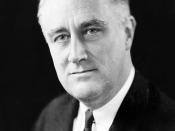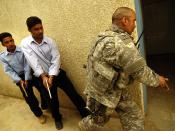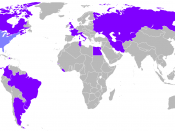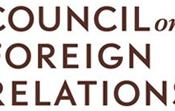"MAJOR SPEECH" is a somewhat depreciated term in the White House lexicon, but Bush's four speeches leading up to the December 15 Iraq parliamentary election were about as major as they get. With each one the President dug himself more firmly into Iraq. Criticized for speaking mainly to captive audiences in uniform, he delivered a speech in Philadelphia and another to the venerable Council on Foreign Relations.
Bush offered no benchmarks or timetables. He spoke as though recalling President Franklin D. Roosevelt's 1936 line, "This generation of Americans has a rendezvous with destiny." The whole exercise was a summons to doubters and a challenge to believers to meet the test of spreading freedom.
Speaking to the Council on Foreign Relations in Washington, the President refused any colloquy. The White House stipulated that there would be no questions or discussion. That went against the tradition of the organization, but Council President Richard Haas, who had served in the Bush Administration, agreed to the stipulation, leaving many members (myself included) frustrated.
In the days prior to the election, the White House released a 35-page document called "Our National Strategy for Victory in Iraq." Its sections, headed "Victory in Iraq Is a Vital U.S. Interest," "Failure Is Not an Option," and "Our Strategy for Victory Is Clear," made it seem more like a public relations handout than a military planning document.





